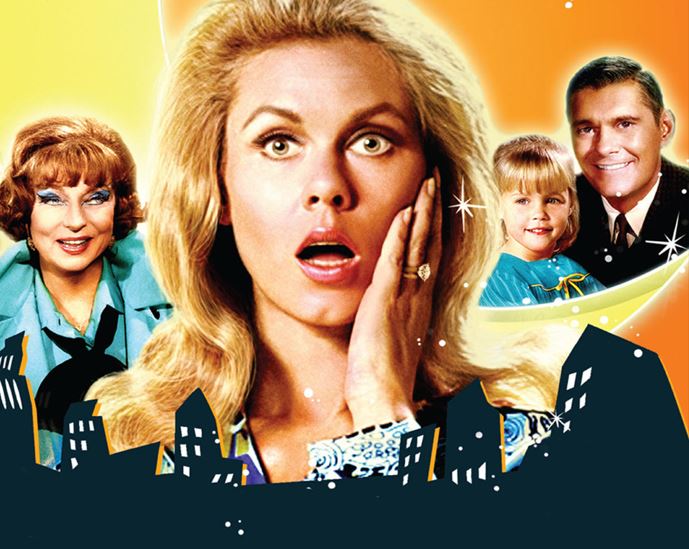In the vast expanse of Western cinema, few directors have left as indelible a mark as John Ford. His mastery of the genre, coupled with his keen understanding of human nature, resulted in timeless classics that continue to captivate audiences to this day. Among his many achievements stands "Rio Grande" (1950), a film that epitomizes Ford's unique blend of action, drama, and emotional depth.

Released in 1950, "Rio Grande" marked the third installment in Ford's famed "Cavalry Trilogy," preceded by "Fort Apache" (1948) and "She Wore a Yellow Ribbon" (1949). Set against the backdrop of the post-Civil War era, the film follows the exploits of Lieutenant Colonel Kirby Yorke, played by the legendary John Wayne, as he commands a remote outpost along the Rio Grande River.

At its core, "Rio Grande" is a story of redemption, reconciliation, and the bonds of family. Yorke's estranged son, Trooper Jeff Yorke (portrayed by Claude Jarman Jr.), joins his father's regiment, leading to a series of emotional confrontations and ultimately, a chance for reconciliation between father and son.

Central to the film's success is its stellar cast, led by the iconic John Wayne. As Lieutenant Colonel Kirby Yorke, Wayne delivers a commanding performance, embodying the stoic resolve and moral fortitude synonymous with his on-screen persona. His portrayal of Yorke as a seasoned cavalry officer grappling with personal and professional challenges adds layers of depth to the character, elevating him beyond mere archetype.
Opposite Wayne is Maureen O'Hara, who portrays Kathleen Yorke, the strong-willed wife of Kirby Yorke and mother to Jeff. O'Hara's fiery spirit and undeniable chemistry with Wayne lend authenticity to their on-screen relationship, grounding the film's emotional core in a palpable sense of longing and regret.

Rounding out the ensemble is Claude Jarman Jr. as Trooper Jeff Yorke, the impetuous son torn between loyalty to his father and his desire for independence. Jarman's portrayal of Jeff is nuanced and heartfelt, capturing the turmoil of adolescence amidst the backdrop of frontier life.

At its heart, "Rio Grande" is a story about family and duty. The strained relationship between Kirby and Jeff Yorke serves as the film's emotional centerpiece, exploring themes of sacrifice, forgiveness, and the enduring bonds of kinship. As the narrative unfolds, both father and son are forced to confront their respective demons, ultimately finding common ground in their shared commitment to duty and honor.
Against the backdrop of frontier life, Ford masterfully weaves a tapestry of human drama, exploring the complexities of love, loss, and redemption. Through its richly drawn characters and evocative storytelling, "Rio Grande" transcends the conventions of the Western genre, offering a poignant meditation on the human condition.

As with all of Ford's films, "Rio Grande" is a visual masterpiece, characterized by its sweeping landscapes, evocative cinematography, and meticulous attention to detail. Filmed on location in Monument Valley, Utah, the film's rugged terrain serves as a majestic backdrop to the unfolding drama, imbuing the narrative with a sense of grandeur and authenticity.
From its breathtaking vistas to its intimate character moments, "Rio Grande" is a testament to Ford's mastery of the cinematic medium. Every frame is meticulously composed, every shot infused with meaning, resulting in a film that is as visually stunning as it is emotionally resonant.

Six decades after its release, "Rio Grande" continues to hold a special place in the pantheon of Western cinema. Its timeless themes, unforgettable performances, and breathtaking visuals have ensured its enduring appeal to audiences of all ages.
Moreover, "Rio Grande" remains a testament to John Ford's unparalleled genius as a filmmaker. His ability to infuse the Western genre with depth, humanity, and emotional resonance set a standard that few have been able to match.

In conclusion, "Rio Grande" stands as a towering achievement in the annals of Western cinema. Through its compelling narrative, richly drawn characters, and breathtaking visuals, the film exemplifies the timeless appeal of the genre while offering a poignant exploration of family, duty, and redemption. As long as there are audiences with a love for great storytelling, "Rio Grande" will continue to ride the frontier of cinematic excellence.
(See more photos below)













